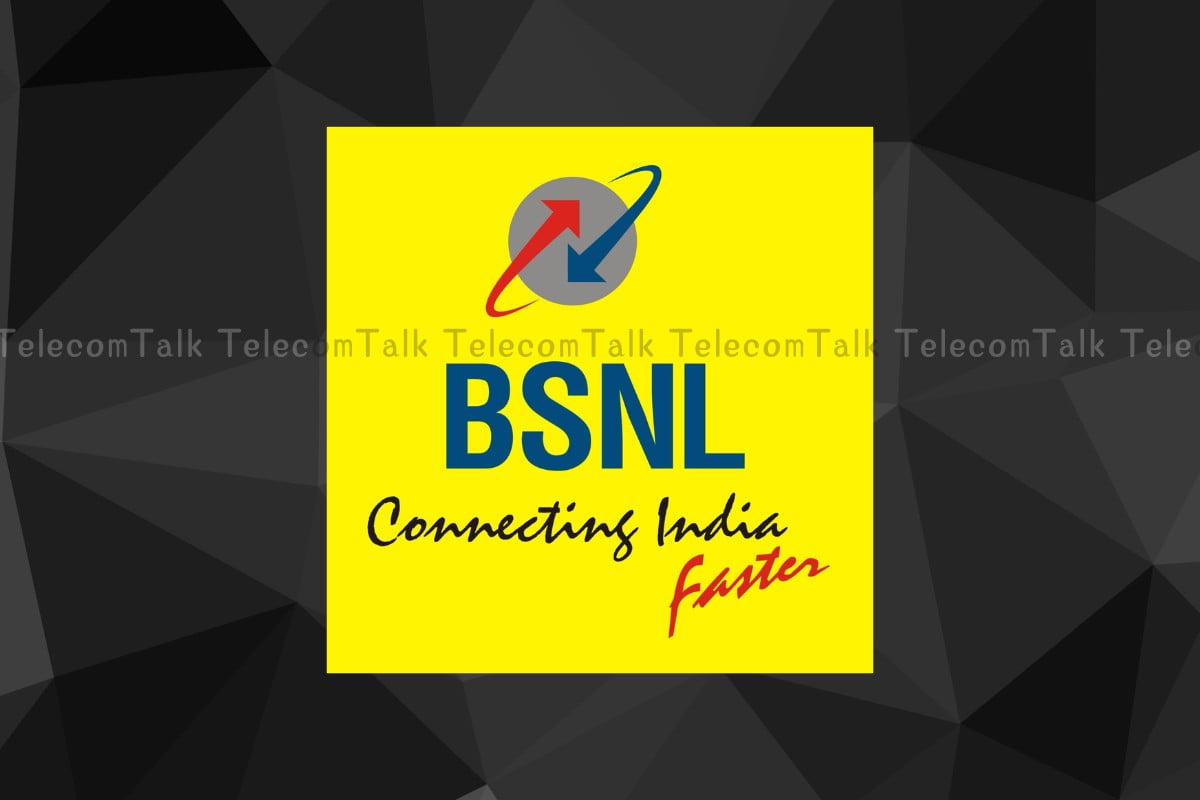
Bharat Sanchar Nigam Limited (BSNL) has been trying to roll out 4G for many years now. Earlier, it was anticipated that 2022 would finally be the year when BSNL would be able to launch its 4G networks. With just four days more left in the year, that is not going to happen after all. However, BSNL is strongly anticipated to launch 4G in early 2023. The words of telecom minister Ashwini Viashnaw suggest that the state-run telco would launch not only 4G but also 5G in the second half of the coming year.
To recall, BSNL had proposed a hybrid deployment model where some sites would be reserved for Indian companies and some sites would be reserved for foreign vendors. This would have enabled the telco to start rolling out 4G faster for the consumers. But that didn't happen, as the government just wanted the Indian companies to be a part of BSNL's 4G. However, it is worth thinking about what would have happened if the BSNL's proposal to go with a hybrid deployment model had received a go from the government.
Low Cost and Fast Rollout of 4G
BSNL would have been able to roll out 4G faster and at a lower cost if the state-run telco had received the nod to go ahead with the foreign vendors. Due to security purposes and emphasis on the Atmanirbhar Bharat mission, the government decided that to roll out 4G, BSNL would have to go ahead with the technology provided by local companies. Because there weren't any companies with proven technologies, the government invited Indian companies to be a part of the proof of concept (PoC) process and conduct 4G trials with BSNL.
Tata Consultancy Services (TCS) led consortium, which includes the Centre for Development of Telematics (C-DoT) and Tejas Networks, are now helping BSNL to roll out 4G and are also expected to help with 5G in the future. If BSNL would have gone with the hybrid model, the telco would have rolled out 4G by now in several parts of the country. In fact, the cost would have been lower and also it would have helped the telco in capturing a better wireless subscriber market share.
But there's one big advantage of the fact that BSNL went with the homegrown technology, and it is that now India would now have to rely lesser upon foreign technology to roll out mobile network services. Even the private telcos are working on local tech and want to reduce their dependency on foreign vendors.















